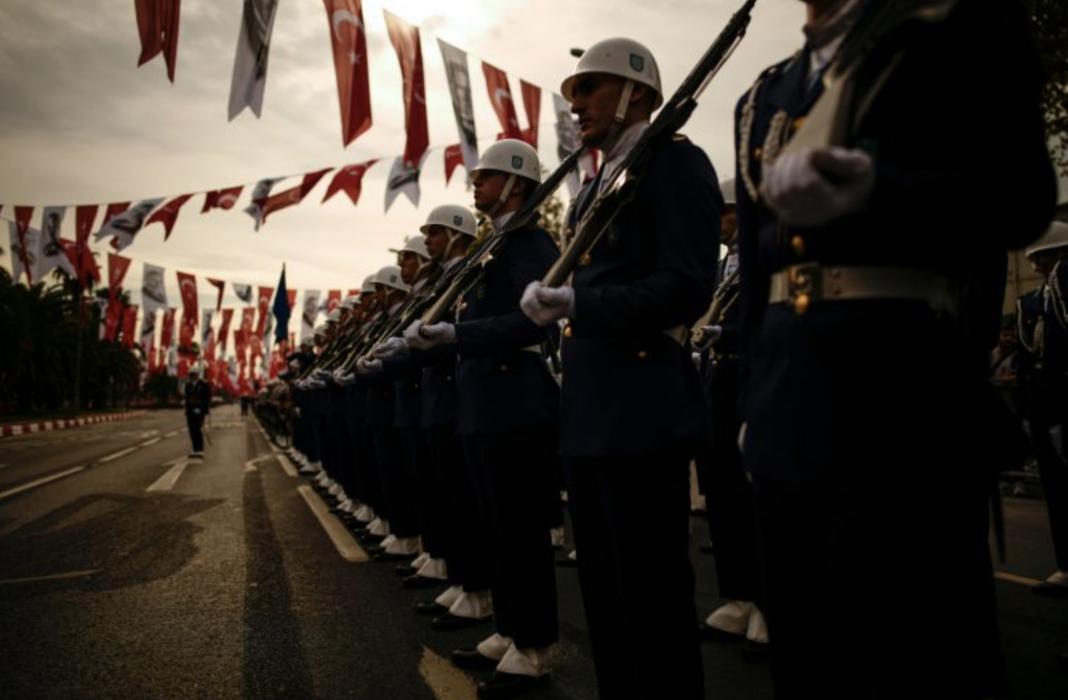Twelve Turkish soldiers were recently killed during fighting with banned Kurdistan Workers Party in northern Iraq.
Turkey has hit 71 sites allegedly linked to Kurdish groups in Syria and northern Iraq during air raids launched this week in retaliation for the deaths of 12 Turkish soldiers in Iraq, the defence minister has said.
In a video message posted on X, Defence Minister Yasar Guler claimed on Wednesday that at least 59 Kurdish fighters were “neutralised” in the attacks. Ankara uses that term to refer to killed or captured fighters of the banned Kurdistan Workers Party (PKK).
Twelve Turkish soldiers were killed during fighting with the PKK in northern Iraq, the Ministry of Defence said on Saturday, prompting Turkey to conduct numerous air raids and operations in the region.
“Our pain is great, but our determination is complete,” Guler said. “We avenged [the deaths] of our precious children and we will continue to do so.”
The military operations intensified over the past 36 hours, President Recep Tayyip Erdogan said on Wednesday, as he pledged to avenge “our martyrs”.
Turkish officials said that on Friday, fighters affiliated with PKK attempted to infiltrate a Turkish base in northern Iraq’s semi-autonomous Kurdish region.
Six Turkish soldiers were killed in the ensuing firefight. The following day, six more Turkish soldiers were killed in clashes with Kurdish fighters.
A spokesperson for the Kurdish-led Syrian Democratic Forces said at least eight civilians were killed in the air raids in northeast Syria on Monday.
Turkey insists it takes care to avoid civilian casualties and harm to cultural heritage.
The PKK, which maintains bases in northern Iraq, has led a decades-long rebellion against the Turkish state and is considered a terror organisation by Ankara, the European Union and the United States.
More than 40,000 people have been killed since the start of the conflict in 1984.
Turkey and the US, however, disagree on the status of the Syrian Kurdish groups, which have been allied with Washington in the fight against the Islamic State (ISIL) group in Syria.
The PKK is viewed as a national security threat by Turkey, which controls areas in northern Syria and has military bases in Iraq’s north in a bid to push alleged PKK and affiliated groups from its border.

